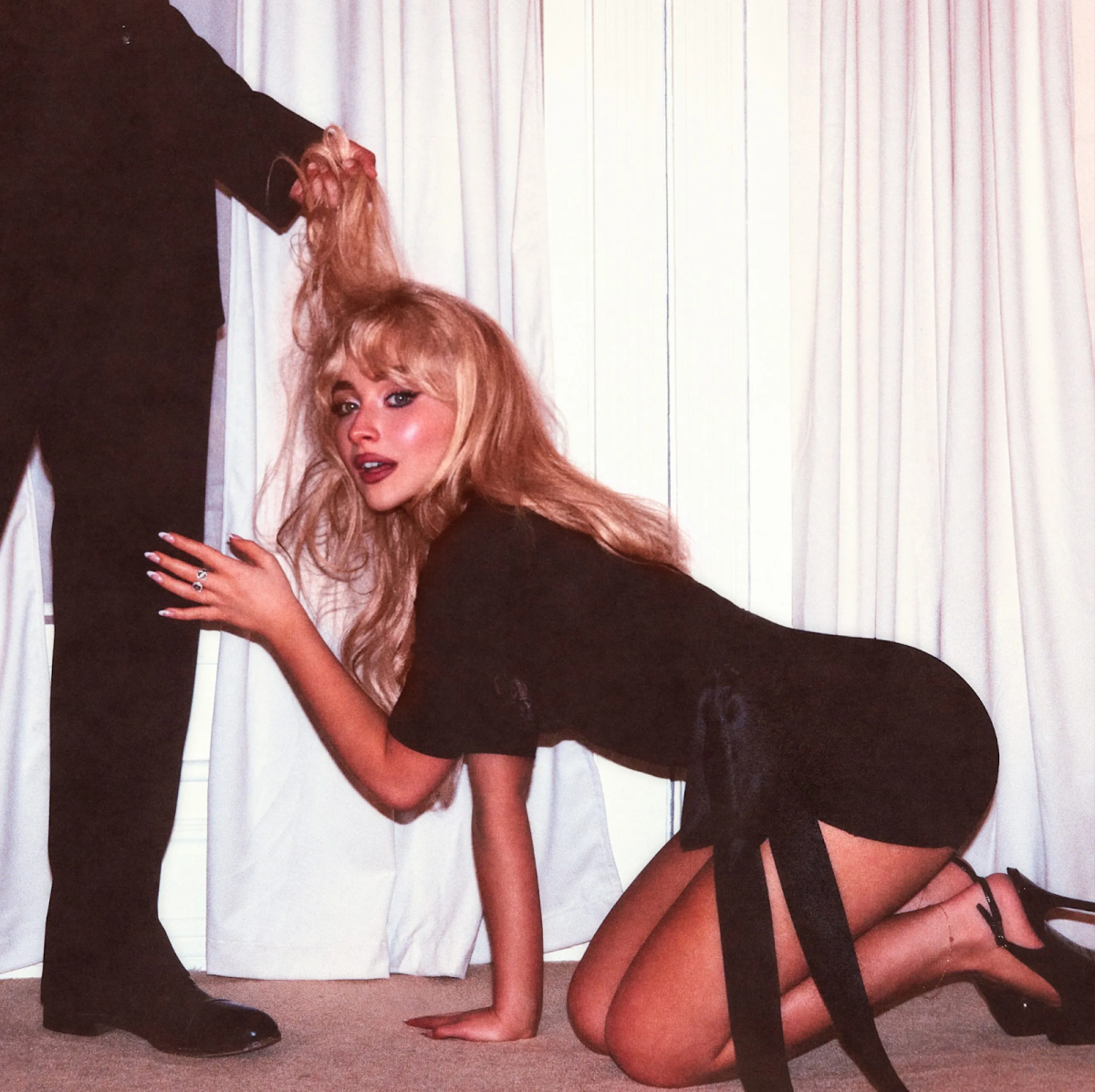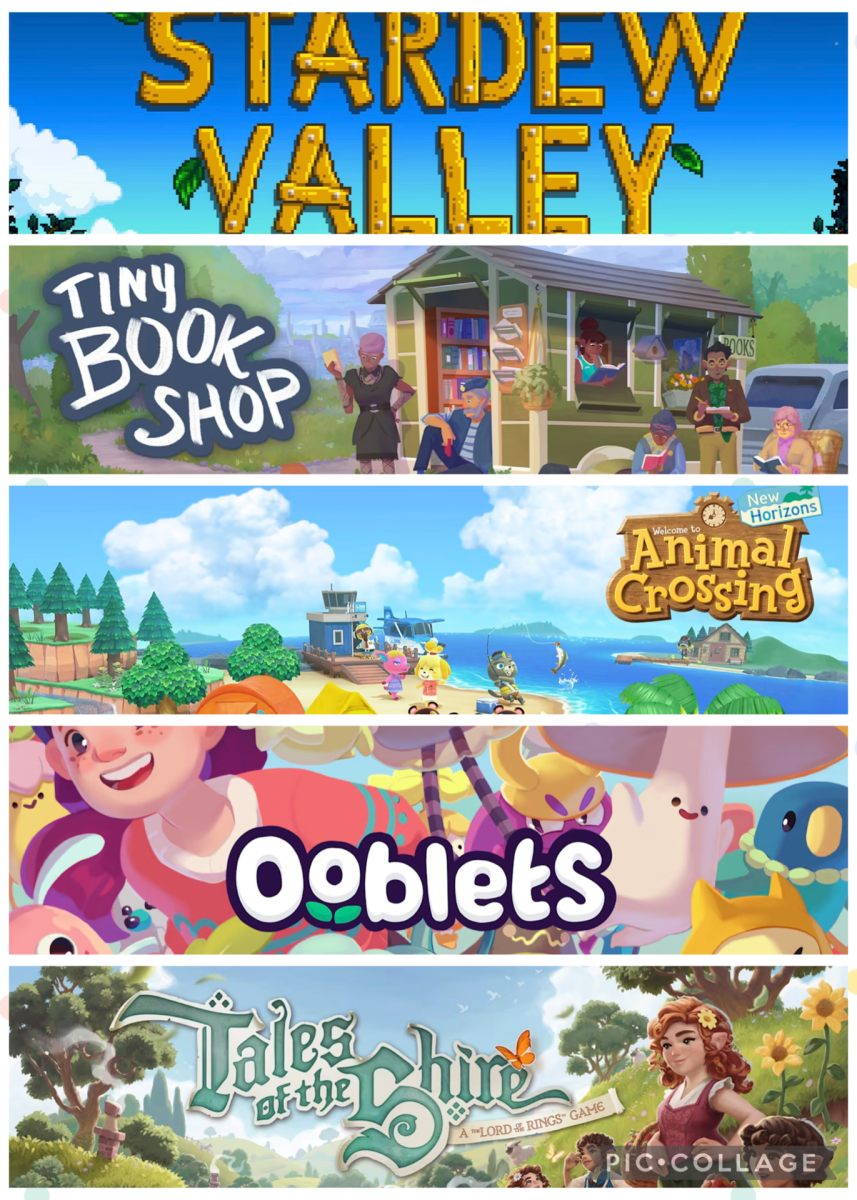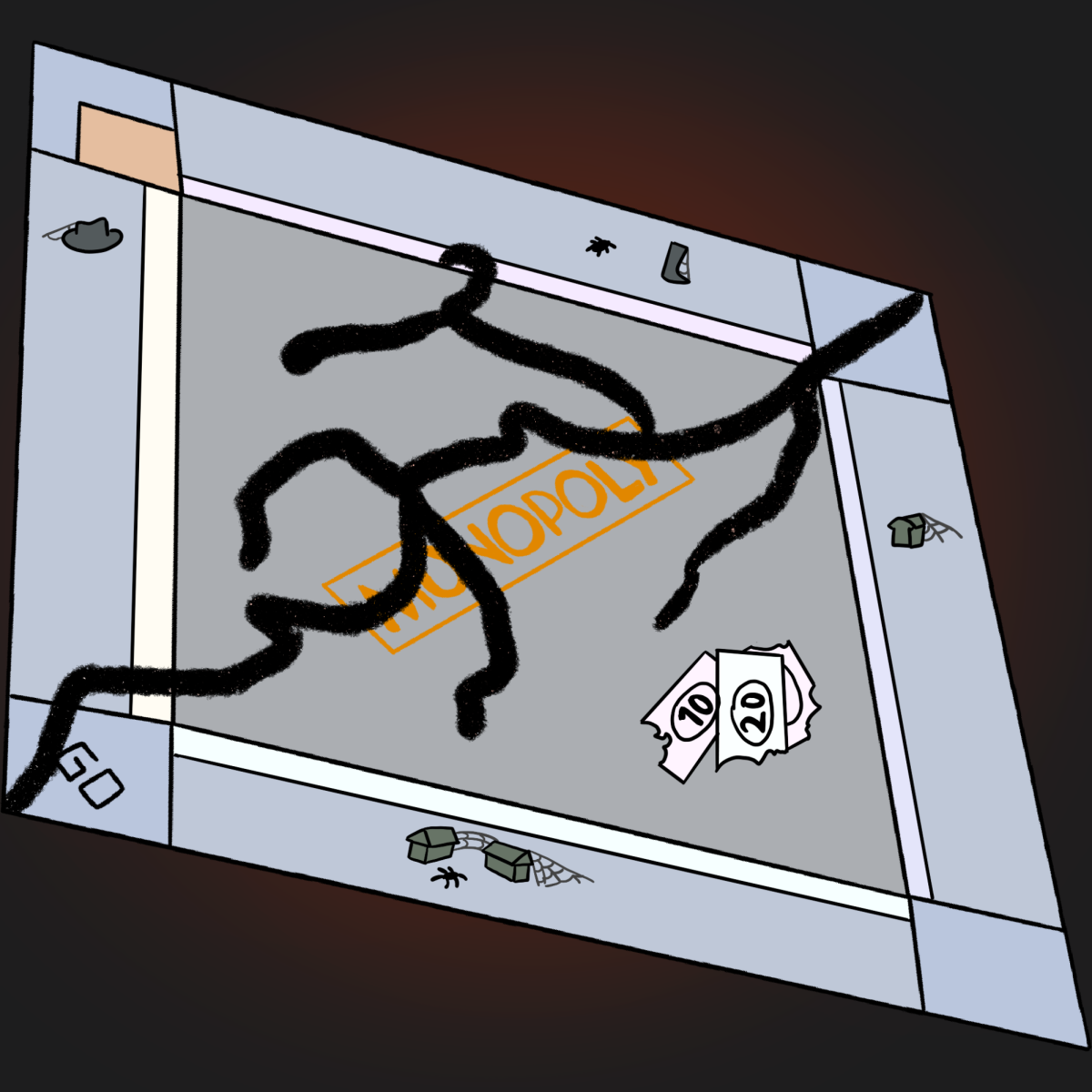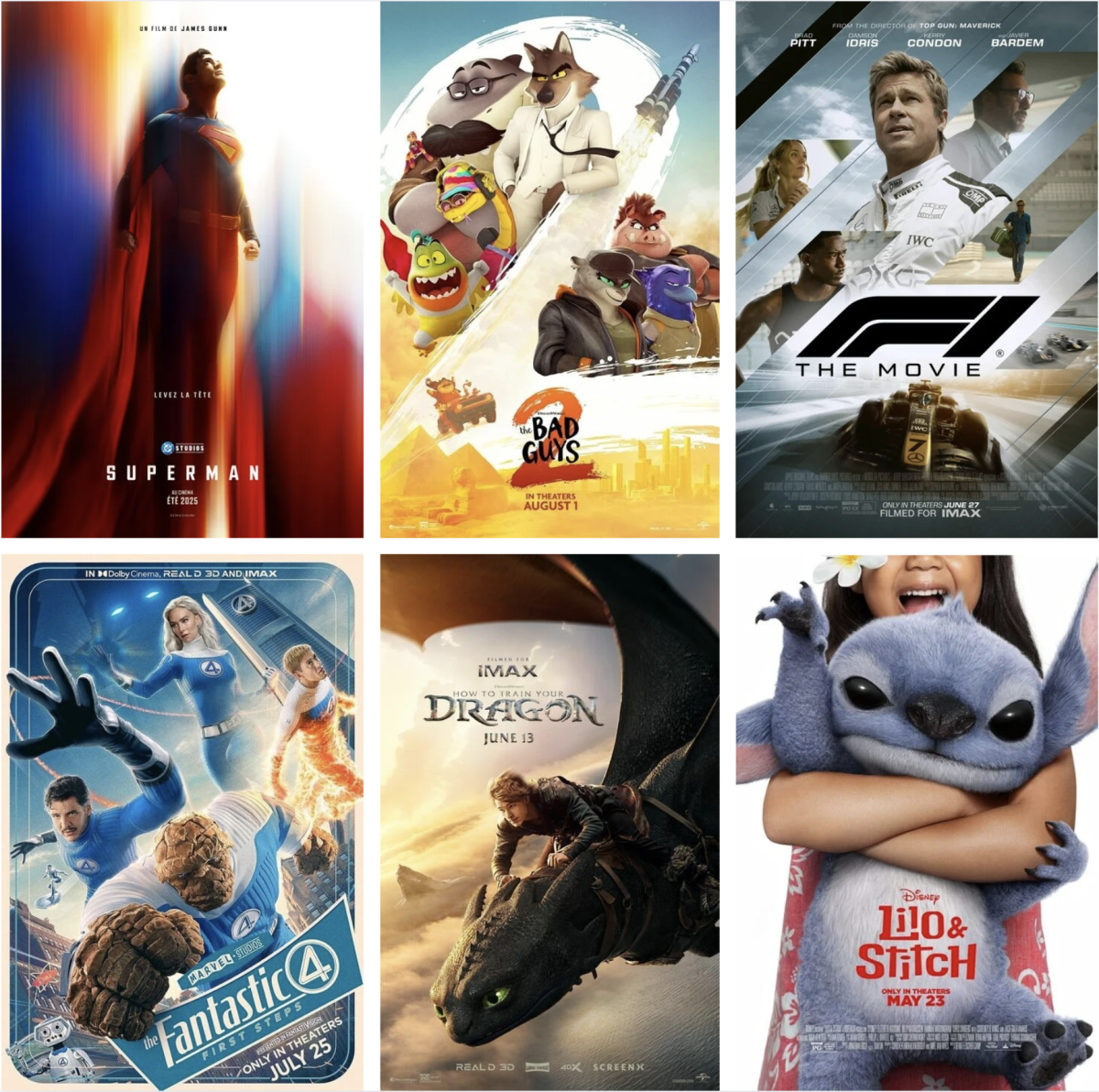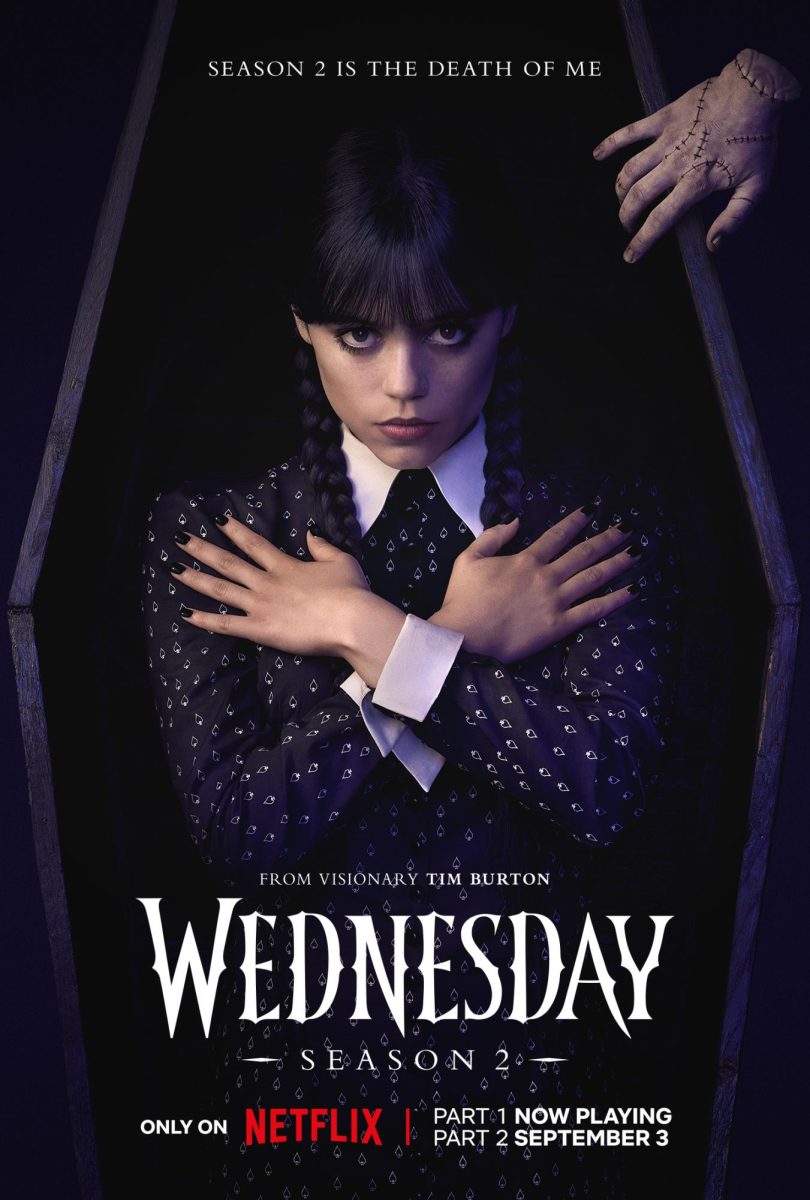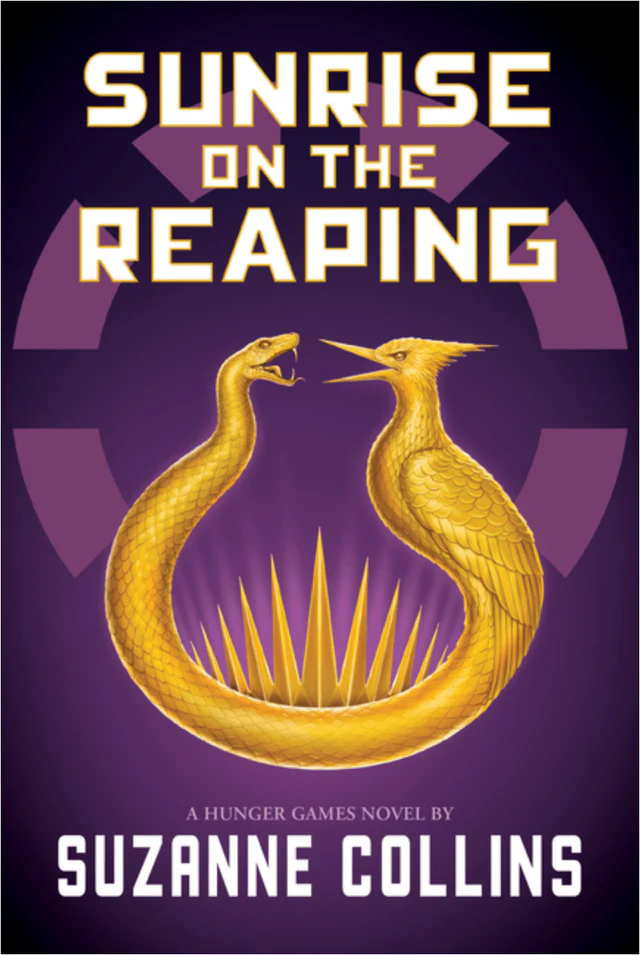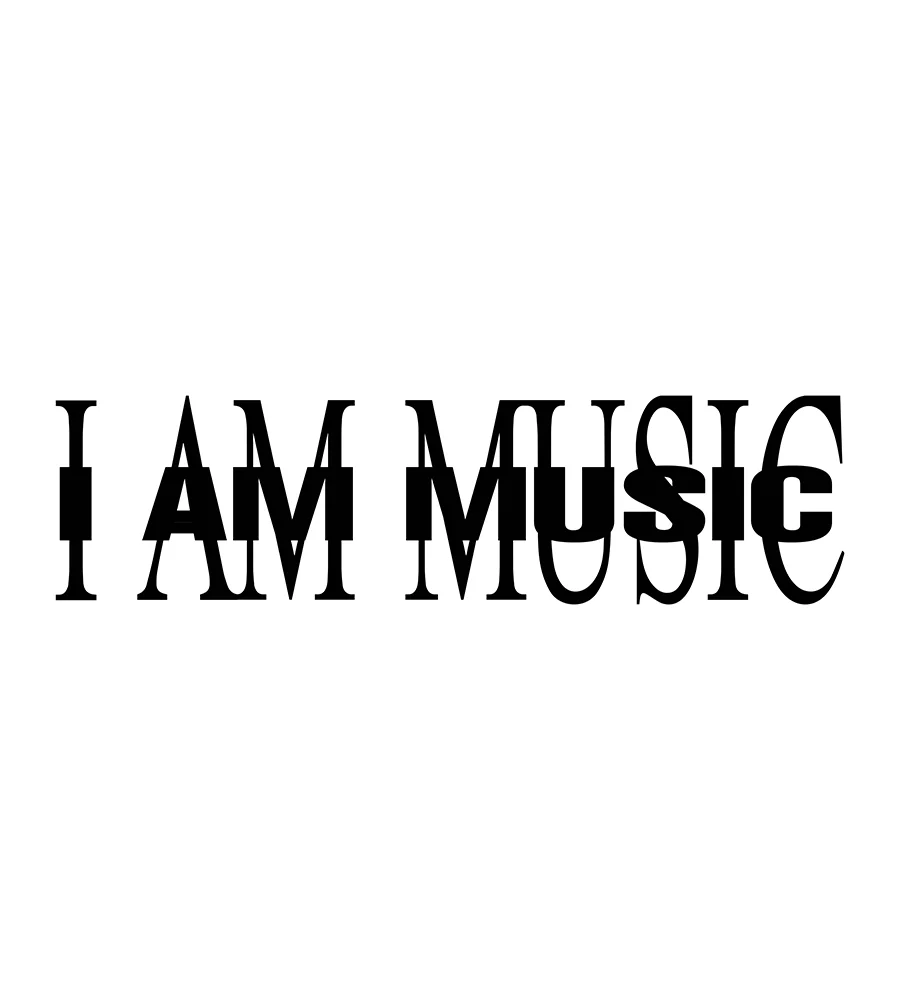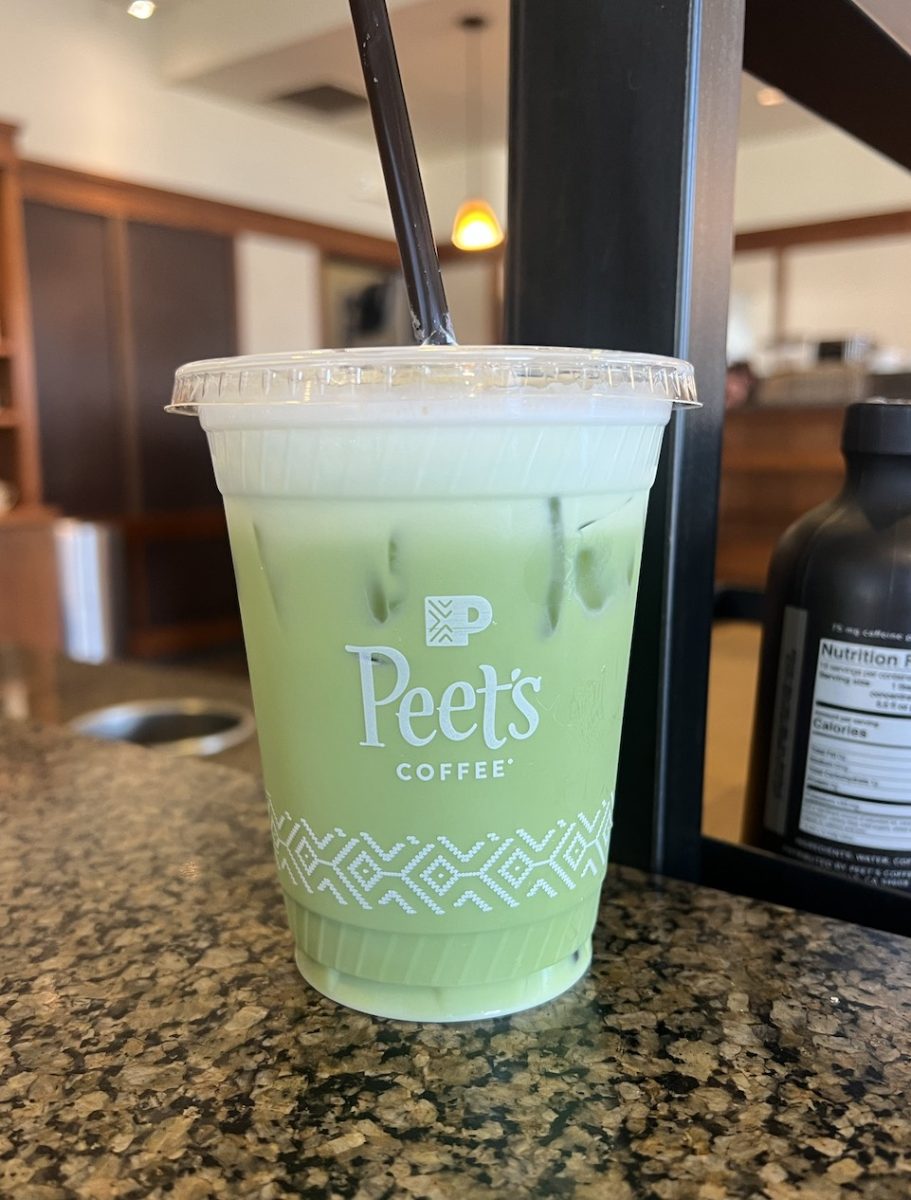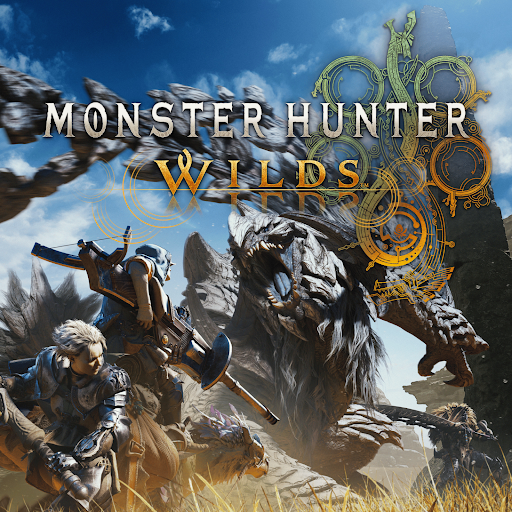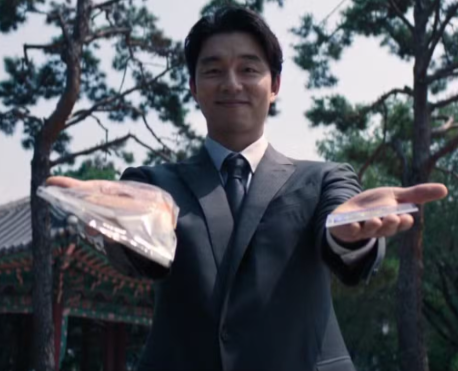Sabrina Carpenter’s rise into full-fledged pop stardom has been anything but quiet. Fresh off the runaway success of “emails i can’t send” and “Short n’ Sweet,” Carpenter returns with “Man’s Best Friend,” an album that’s already sparked plenty of conversation, thanks in part to her controversial album cover. The image included Carpenter’s provocative pose and styling, which some fans saw as playful reinvention and others criticized as over-the-top and degrading femininity. But while the branding might’ve suggested a country-leaning record, what listeners actually get is something else entirely: a glossy, pop-driven collection that is occasionally dazzling, sometimes dragging but always undeniably Sabrina.
Manchild:
The album’s lead single is cheeky, twang-infused and unlike most of the tracks that follow. With its playful lyrics and country flourishes, “Manchild” initially felt like a sign Carpenter might be pivoting into a new era. But aside from this track, the rest of the album doesn’t really carry that sound. Instead, it feels more like it could have lived on “Short n’ Sweet,” where the guitar-leaning, Americana-lite vibe made more sense. Musically, “Manchild” is an outlier, but thematically, its witty bite fits right into Carpenter’s growing pop universe, blending the sound of emails with the maturity of her recent work.
Tear:
At first listen, “Tears” could be mistaken for a sexy, shallow track. But listen closer and the irony sinks in: Carpenter’s actually making a statement about how shockingly rare it is for men to do the bare minimum. Respect, basic decency and, washing the dishes, it all becomes so unusual that she spins it into a turn-on. It’s clever and one of the album’s smarter subversions.
My Man on Willpower:
This track, when first listened to, is really enjoyable and playful, as Carpenter reflects on how her partner, once obsessed with her, now barely has time for her. There’s a vulnerability here that feels grounded and relatable, like she’s capturing the exact moment love shifts from intoxicating to ordinary.
Sugar Talking:
Despite its premise, calling out hollow romance gestures, it doesn’t leave much of a mark. Flowers and long texts might be sweet, but Carpenter makes it clear they’re empty without real depth. This song ironically mirrors the emptiness of the “sweetness” in the relationship. Unfortunately, the melody itself feels just as forgettable, especially since it focuses more on repetition than build, failing to be inventive or elevate the lyrics into something more memorable.
We Almost Broke Up Again Last Night:
Arguably the best one of the record, this track channels the raw emotion of “emails i can’t send” with soaring vocals and a heartfelt chorus. It feels like an honest reflection with beautiful melodies and style, easily making it one of Carpenter’s strongest ballads to date.
Nobody’s Son:
This track is very similar to the other tracks since she is basically saying she’s going through a breakup again and that there’s no one left for her. This kind of leans into her territory of songs about breakups, loneliness and the sense that love might still be out there for her. It’s more or less a sad song with a preppy beat, but that beat almost works against the sadness she’s trying to capture.
Never Getting Laid:
This one brings the humor back. Playful and curse-heavy, Sabrina half-jokingly condemns her ex to eternal celibacy. The track is sharp in concept, but it runs out of steam quickly since it doesn’t build much off the main punchline. Compared to the other songs where her humor becomes irony and self-reflection, this just stays surface level. It’s fun in the moment, very on-brand, but not necessarily a track you’ll return to often.
When Did You Get Hot?
Short, synthy and slight. This song feels like a bridge rather than a worthy track with emotional depth, especially since it’s lyrically thin and circles around the same idea. While catchy enough, it feels like a filler track, echoing some of “Tears” energy without adding much new, considering it’s not lyrically deep or meaningful.
Go Go Juice:
So similar to “Juno” that it almost feels recycled. During the build-up to the verse, I literally heard the same notes and expected the “Juno” verse that I had to pause and listen to “Juno” just to make sure I wasn’t imagining things. “Go Go Juice” plays like a party track built for the crowd rather than the headphones. While it fits the sonic world Carpenter’s been building, it’s not lyrically deep, and just another notch in her catalog of playful drinking songs.
Don’t Worry I’ll Make You Worry:
A vulnerable turn. Here, Carpenter admits her own flaws in relationships, acknowledging that not every breakup is entirely on the guy and she’ll leave them feeling “like a shell of a man.” The track’s slow pace sometimes feels dragging, but her angelic vocals carry it through. It’s one of the album’s more self-aware moments.
House Tour:
The track, being suggestive and playful, employs metaphorical lyrics over Antonoff-style synth production. While thematically similar to previous work, the song demonstrates a confident, cheeky approach to modern pop storytelling where she references her body through house furniture.
Goodbye:
The closing track subverts ballad expectations, delivering a breezy, humorous farewell to an ex. I started this song off expecting it to be a sad ballad, but it feels like a very cheery “good riddance and your loss!” instead. It implies that she’s done this before, and it’s no longer affecting her. Overall, “Goodbye” has subtle emotional weight, providing a satisfying conclusion to the album.
“Man’s Best Friend” shows Carpenter navigating through the pop industry through her sharp and maybe uneven execution. At its best, the album shows how easily Carpenter can mix humor into heartbreak into something that feels entirely her own. At its weakest, it’s thrown into repetition and sounds recycled when compared to her previous songs. Still, the record makes clear that she’s grown into one of pop’s most self-assured voices.

